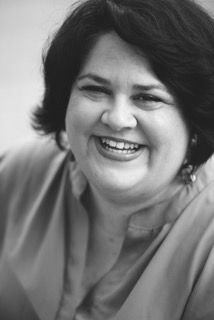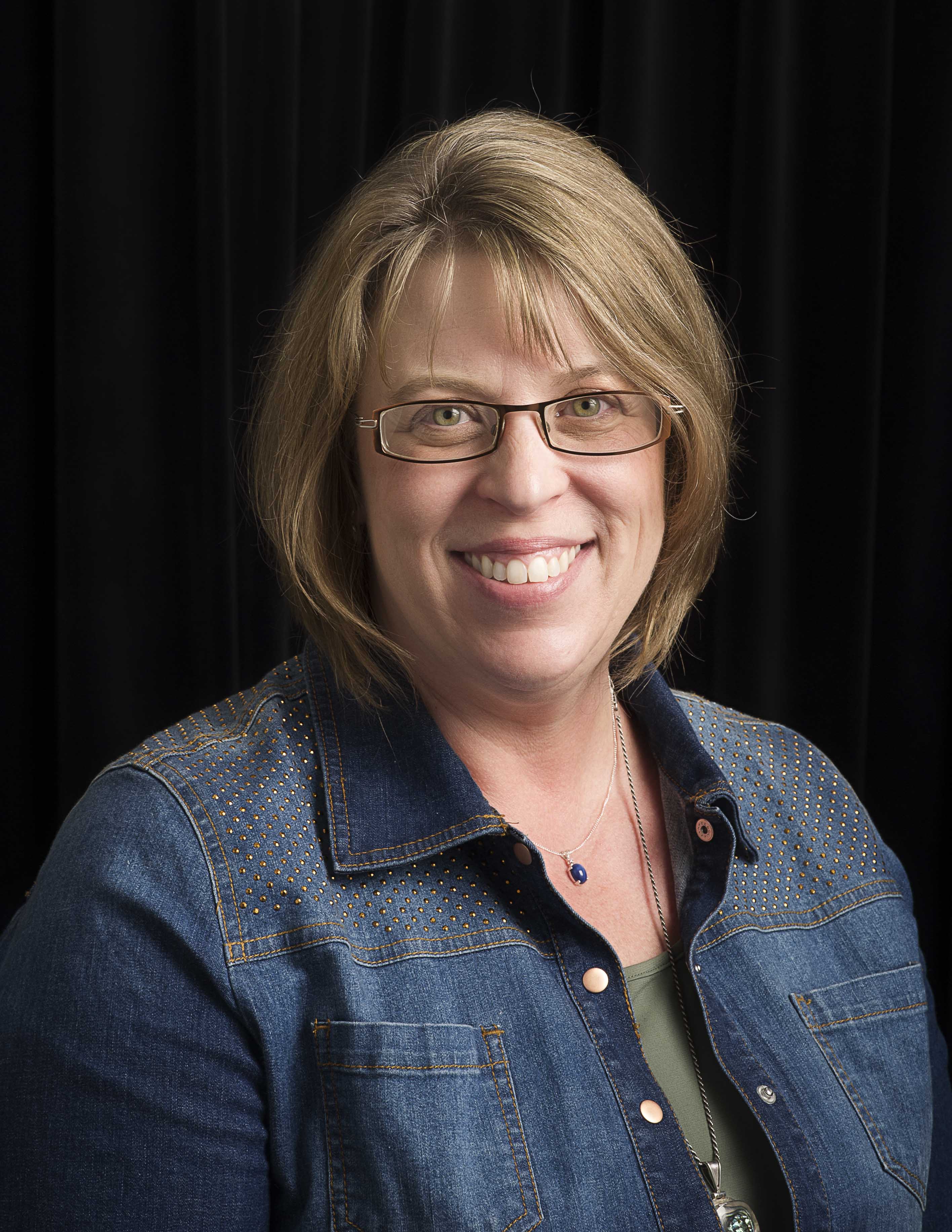A Guest Post by Karen Pellett
Just last month, I was lying in the same-day surgery wing of the hospital prepping for knee surgery when the pre-op nurse asked what kind of work I do. I smiled as I took the marker and dutifully wrote “Yes, please,” on my right knee, a protective measure against the surgeon working on the wrong leg, and answered, “I’m a mom and a writer.” Over the next hour we talked more about what I do for a living. Finally, she shook her head, and asked, “How do you do it?”
“I have a fantastic counselor,” I said.
She broke out laughing.
It is true though. Life is chaos. That is a given fact for pretty much everyone. It is a big mess of trials, failures, joy and heartache that all mesh into one big ball of fun.
Once upon a time, in a land known as Seattle, I quit my full time job as a business analyst to write. I’d wake up in the morning, kiss my husband send him off to work, and then sit down at my computer and……twiddle my thumbs. I had all the time to write, and struggled to write a single word. It honestly took my friend giving me a random writing prompt before I wrote my first short story Curse of the Light Switches. Believe me, it was totally and completely pathetic. But it was what I needed to kick my imagination gears into motion. Over the next two years, I wrote and edited seven drafts of my first ever epic fantasy novel. Thinking the project finished and a work of art, I started submitting to agents. The mail box remained empty for months. The few responses I did receive were form letters. The greatest rejection stated that while I was a talented storyteller, I was not a fit for their publishing firm.
Then, after seven years of fertility issues, we invented the child. Not just any child, but a little girl who rolled over in the hospital three days after birth and has never stopped moving. She was our little miracle, but the moment she came into existence my motivation and ability to write drastically dropped faster than an Olympic skier racing down a bunny hill. Two months after our daughter was born we moved from Seattle to Utah so that she could grow up near her half-brothers. A short twenty months later I had a son after four and a half months of bed rest. When he was ten months old, I informed the doctor that I wanted to have one more child, but that they had to be farther apart. Either I was a totally suck-tastic mother or my children were literally more than I could handle. The doctor informed me in return….Guess what? You are already pregnant.
Three kids in three and a half years. Try writing anything through that and I’ll personally bake you a cake.
I attempted to salvage my feeble writing career by attending a myriad of local writing conferences and by joining two different critique groups. Their feedback was invaluable. But as I read their stories and compared them to mine, I wanted to cry. However, I’m the type of person who is just too stubborn to give up. I hung in there, submitted crap, and took the feedback as my saving grace and ran with it.
Our chaotic life then spiraled out of control. I ruptured a disc in my back that required major surgery. What writing I did attempt felt like crap, and I felt like the grand prize winner of the Worst Mother of the Year award. On top of that, my husband had a bad reaction to medication, sending him into six months of suicidal tendencies.
That is when I met Bonnie (a.k.a. the most incredible counselor in the universe). She was exactly what I needed in a counselor—long almost black hair, bangles up the arms, at least four necklaces, ripped leather pants, camouflage shirt, combat boots, and a bike jacket. Bonnie became my counseling version of the fairy godmother. She helped me learn what I could control, what I couldn’t, and how to see the difference.
Then in 2014 my littlest son hit me in the head with a car seat, giving me a concussion and one of the greatest miracles of my life. Because of my concussion the doctors did several MRIs and identified “three white matter brain lesions in non-MS typical locations.” This simply means… I’m a writer in transition to superhero glory.
I wish.
At the same time all three of my kids were diagnosed with special needs—running from ADHD, Sensory Processing Disorder, Moderate-functioning Autism, aggressive tendencies, and developmental delays. My kids are pretty much creative geniuses that learn uniquely and see the world in remarkable ways while not grasping social expectations. The truth behind the difficult paths I traveled hit me when I made Bonnie cry. (There’s no crying in therapy! Oh wait….yes, there is. Just not usually from your counselor.)
So how do I balance life and writing in this chaos? I don’t. Thanks to those tiny aliens in my noggin’, the three precious miracle children in my life, a very supportive husband, and my genius counselor, I’ve had to learn to let go. Instead I wing it. Personally, I can’t write at night. I cherish my sleep way too much. And I already get up at oh-dark-thirty thanks to my autistic son who doesn’t require anywhere near a decent amount of sleep. So instead, for four days a week in the precious two hours that all three kids are in special needs classes, I attempt to write. Just like in college, I still tend to work best under pressure, so I set deadlines and goals to keep me motivated (and yes, chocolate and caffeine are often involved). Then there’s my amazing husband who will stay home with the kids and send me off to the library to work when I require a much needed sanity break. (Back off ladies, he’s mine!)
Through it all I’ve written two novels, unpublished to date, but they will be published someday. I’ve had a piece published in a magazine about what it is like being a stepmom. Another piece won first place in an online writing contest and was included in an anthology on being a mommy writer. My third essay came out last year on the trials my husband and I experienced going through fertility issues. And my first ever short story was published this last Christmas to help raise money for Primary Children’s Hospital.
Yes, my life is still a ball of intense chaos, but I love it. It is not easy. But the fight is worth it. And thanks to a brilliant counselor, I’ve had to learn that if I want to survive, if I want to thrive, I must do something that takes care of me—and that something is writing. I’m worth it.
Karen Pellett is a crazy woman with a computer, and she’s not afraid to use it. Most of her time is spent between raising three overly brilliant and stinkin’ cute children, playing video games with her stepsons, and the rare peaceful moment with her husband. When opportunity provides she escapes to the alternate dimension to write fantasy & magical realism novels, the occasional short story, and essays on raising special needs children. Karen lives, plots & writes in American Fork, Utah.



